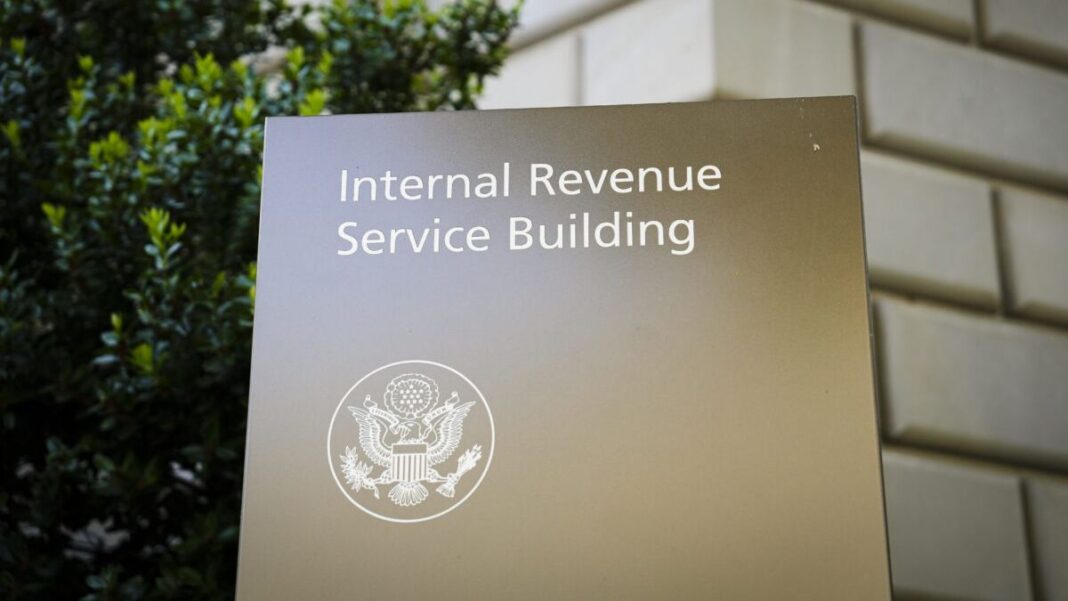The world’s largest asset manager and leading index provider are facing congressional probes for facilitating American dollars into Chinese companies that the United States has deemed to be fueling Chinese military growth or human rights abuses.
The world’s largest asset manager and a leading investment index provider are facing congressional probes for allegedly facilitating the flow of U.S. dollars into Chinese companies that the United States has deemed to be fueling China’s military or the regime’s human rights abuses.
In letters dated July 31 to BlackRock CEO Larry Fink and MSCI head Henry Fernandez, the U.S. House’s China Select Committee stated that a brief review of MSCI indexes and BlackRock funds showed that the two companies together have directed investments to more than 60 Chinese entities already on the U.S. blacklist.
As a “direct result” of BlackRock’s and MSCI’s decisions, Americans who invested savings in their funds are now “unwittingly funding” Chinese companies that build weapons for the Chinese military known as the People’s Liberation Army, giving a hand to “the CCP’s stated mission of technological supremacy,” Rep. Mike Gallagher (R-Wis.), the committee’s chairman, and Rep. Raja Krishnamoorthi (D-Ill.), the ranking Democrat, wrote.
“It is unconscionable for any U.S. company to profit from investments that fuel the military advancement of America’s foremost foreign adversary and facilitate human rights abuses,” the lawmakers wrote, adding that the “massive flows of American capital” to these entities are “exacerbating an already significant national security threat and undermining American values.”
In the case of BlackRock, across five funds alone, the asset manager has invested more than $429 million in flagged Chinese firms, while nearly 5 percent of the MSCI China A Index is pegged to blacklisted entities. Such numbers, the lawmakers suspect, are only the tip of the iceberg.
The probe makes up part of the committee’s ongoing investigation into U.S. investments in China, which, in July, included venture capital firms that have invested in China-based artificial intelligence, semiconductor, and quantum companies.
By Eva Fu








